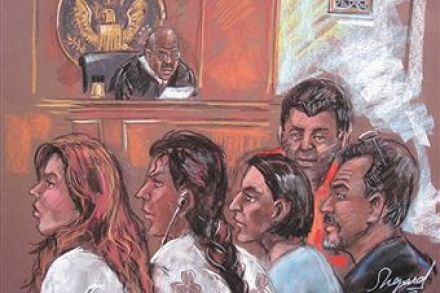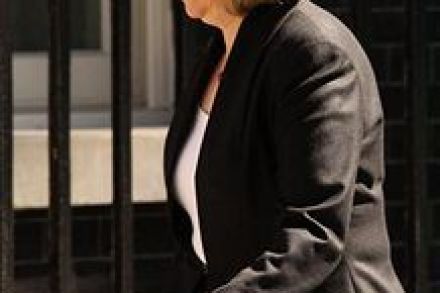Reds under the bed
This Russian spy story just gets better and better. First a young, attractive Russian woman called Anna – with a penchant for uploading suggestive pictures of herself onto Facebook — is seized in an FBI swoop for being at the centre of a Russian espionage network. Next, it emerges that the agents from Moscow had outwitted the FBI by going back in time. Aware that electronic messages — via mobile, or online — are are an open book to any decent spook-catcher, they simply learnt from the past and used invisible ink and messages in buried bottles to send information their colleagues in South America. Some of the spies even

















